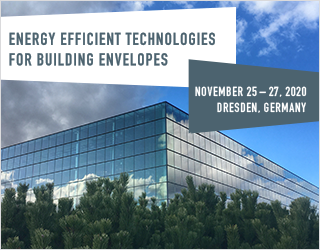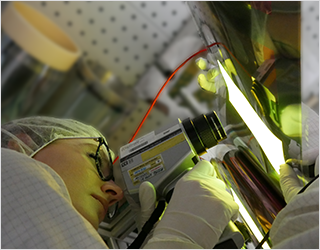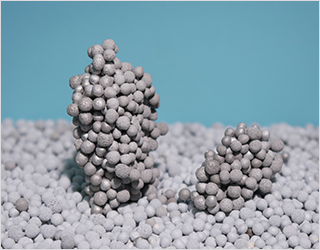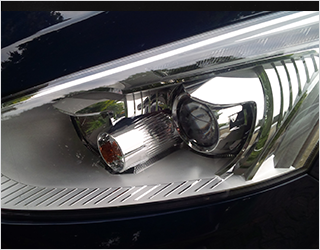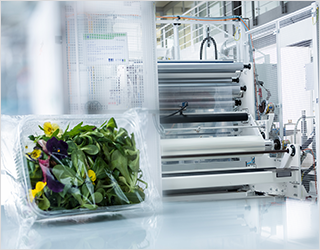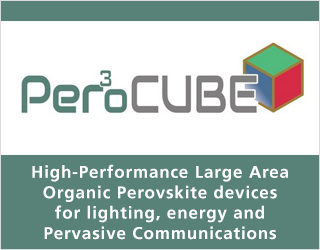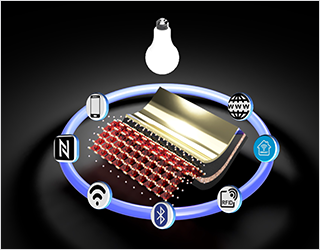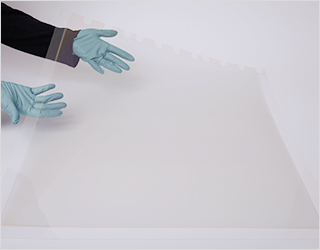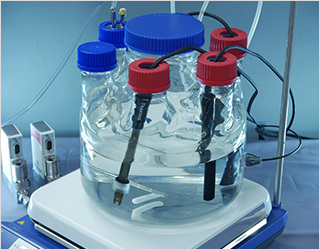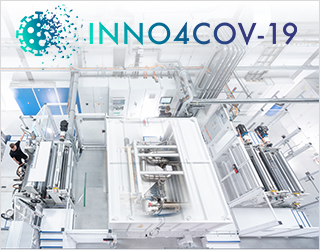
The recently launched 6.1 million Euro project INNO4COV-19, funded by the European Commission (grant agreement no. 101016203), will support the marketing of new products to combat COVID-19 over the next two years, throughout Europe. The Fraunhofer Institute for Organic Electronics, Electron Beam and Plasma Technology FEP is contributing its know-how in sterilization using accelerated electrons and on near-to-eye visualization.
more info Fraunhofer Institute for Electron Beam
Fraunhofer Institute for Electron Beam